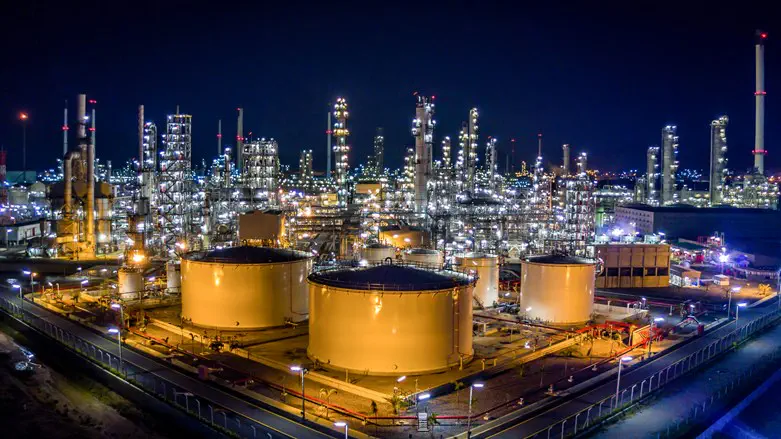
The governments of France, Germany and the United Kingdom on Thursday issued a joint statement in which they urged Iran to end its “nuclear escalation”.
In the statement, the three countries condemned Iran’s most recent steps to scale back its compliance with the 2015 nuclear agreement, known as the Joint Comprehensive Plan of Action (JCPOA).
“We the governments of France, Germany and the United Kingdom have intensely negotiated with Iran, in good faith, since April 2021 to restore the JCPOA, along with other JCPOA participants, as well as the United States. There has been a viable deal on the table since March 2022, which would return Iran to compliance with its JCPOA commitments and the US to the deal. We regret that Iran has not seized the diplomatic opportunity to conclude the deal. We urge it to do so now. We are ready to conclude the deal,” they said.
“Despite this Iran is now installing additional advanced centrifuges and has confirmed to the IAEA its decision to end all JCPOA-related transparency measures. This jeopardizes the ability of the IAEA to restore continuity of knowledge on key parts of the Iranian nuclear program, including on the production of centrifuges.”
“We condemn these steps and that it is responding to concerns expressed by the IAEA Board of Governors – in a resolution adopted with overwhelming support – by announcing steps to even further decrease cooperation with the IAEA. These actions only aggravate the situation and complicate our efforts to restore full implementation of the JCPOA. They also cast further doubt on Iran’s commitment to a successful outcome,” said the three countries.
“We urge Iran to resume application of the Additional Protocol and of all JCPOA-related monitoring and verification measures, cease its nuclear escalation, and urgently conclude the deal currently on the table to restore the JCPOA, while this is still possible,” the statement concluded.
The statement comes a day after the International Atomic Energy Agency (IAEA) approved a decision to censure Iran over its failure to cooperate with IAEA nuclear inspectors.
Ahead of the vote on the measure, Iran took the latest step in scaling back its compliance with the 2015 deal, and took down two IAEA surveillance cameras from one of its nuclear facilities.
After the IAEA approved the condemnation, Iran's foreign ministry spokesman said his country's response to the resolution would be "firm and proportionate” and added that "the initiators are responsible for the consequences.”
Iran scaled back its compliance with the 2015 deal, in response to former US President Donald Trump’s withdrawal from the agreement in May of 2018, but has held several rounds of indirect talks with the US on a return to the agreement.
Last week, US Special Envoy for Iran Rob Malley told lawmakers that the prospects for reaching a deal with Iran are “tenuous” at best.
A day later, Iranian Foreign Minister Hossein Amir-Abdollahian accused Israel of “taking control” of United States policy, thus preventing a revival of the 2015 nuclear deal.

